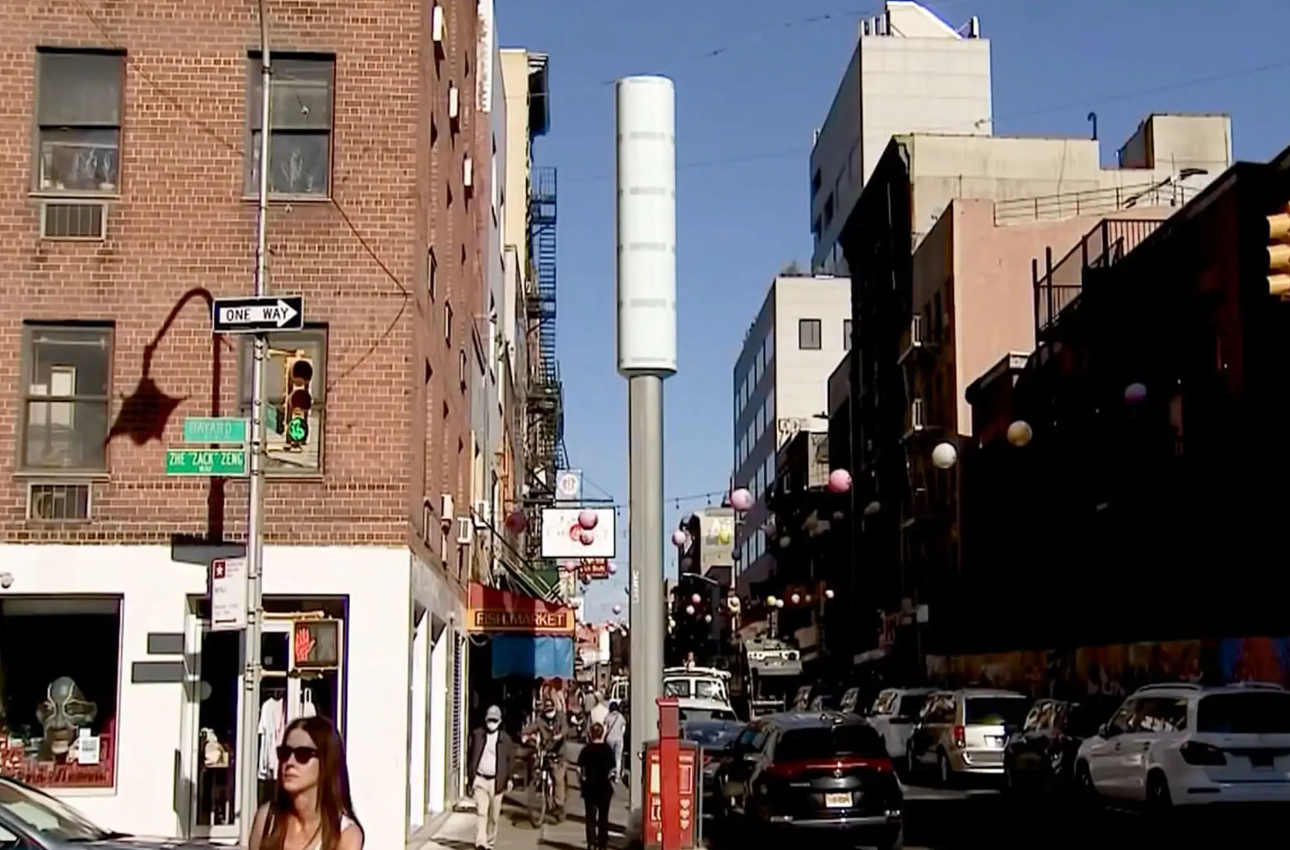Citizens Meet with Elected Officials to discuss HR 8082; Restoring Sovereignty to Communities?

STATEWIDE - Representatives from South West Ohioans for Responsible Energy, or SWORT as well as National Call for Safe Technology (NCST) met with representatives from the office of Ohio Representative Warren Davidson to discuss potential sponsorship of H.R. 8082, a bill designed to restore community sovereignty to local municipalities. Questions remain on if lawmakers will heed the warnings of community members before it is too late.
On Monday, August 26, members of several grassroots organizations held a conference call with aids from Representative Davidson's office to discuss how H.R. 8082 might change the landscape of telecom influence over local municipalities and help restore municipal sovereignty back to cities across the state. The bill, also known as the ‘Smith Bill’ seeks to revoke two key orders by the FCC, namely the rule titled “Accelerating Wireless and Wireline Broadband Deployment by Removing Barriers to Infrastructure Investment” and the “Third Report and Order and Declaratory Ruling.” H.R. 8082 would essentially level these orders null and void as having no force or effect.
According to proponents of the bill, the FCC’s rules and orders have essentially established an increasingly shorter and shorter window for local municipalities to vote on and accept or deny proposed tower additions, including small cell towers or 5G tower lashes and deployments to already existing structures. Telecommunication companies have argued that the delay in approvals for these structures caused undo harm and exceeded what they felt was a reasonable delay in service deployment. In 1996, the FCC issued orders that imposed local communities must rule on such provisional upgrades proposed for a local community by a telecommunications company within a ‘reasonable timeframe’. This reasonable timeframe became known as a ‘shot clock,’ essentially a ticking time bomb, that if not addressed within a specific time frame could lead to legal recourse on behalf of the telecommunication company. Over the years this timeframe has quickly decreased from 150 days to 90 day to, finally with the aforementioned orders, 60 days. In short, if a company like Verizon wishes to place 5G cell towers throughout a residential neighborhood, a village council has between 1 or 2 meetings to actually discuss, inform the public, hear public comments and vote on it before they may be held liable for legal action in court. Additional provisions in the FCC orders even permit subcommittees to be formed to investigate and mitigate barriers to deployment of things like cell towers, should communities seek to push back on their construction, giving telecom corporations a massive stranglehold over community leadership.
In the meeting, Odette Wilkens with National Call for Safe Technology, outlined what she felt was at the heart of the issue with supporting H.R. 8082.
“I’ve noticed [Rep. Davidson] is very much involved in national security issues, increasing democracy and wants to have the government meddle less in our lives, unfortunately these telecom bills are increasing the amount of federal involvement in our lives and is an overreach by taking away local control.” Wilkens said. “One of the things that the congressman is very interested in is democracy and part of that is due process, the right to have notice and the right to be heard and both of those will be taken away with these telecom bills.”
Outside of seeking support for H.R. 8082, the citizen groups brought up their concerns over the bloated amendment addons to legislation like the 2024 Farm Bill, which some may be surprised to learn has little to do with agricultural development, and more to do with telecommunications spending. The bill currently is responsible for over $600 billion in programs across rural communities of the country and provisions added into the recent iteration suggest installing over 8,000 miles of unlimited cell tower deployment that would be exempt from National Forest and Environmental review.
These changes to the bill come after known environmental and health effects of said technology have already yielded changes, such as the switching off of 5G Cell towers after farmers found milk yield and calf births decreased significantly. Additionally, according to Wilkens, California has seen at least 4 major fires on record the occurred as a direct result of cell towers in the area. Ironically, the Farm Bill proposes the installation of cell towers to mitigate fires.
Representative Warren Davidson’s aid, Gus Desch, had very little to say to the proposed support to H.R. 8082, but offered words of encouragement for concerned citizens that might be troubled by the telecom companies steamrolling their local electorates.
“It's one thing to cut out red tape, it’s another thing to steamroll localities like this,” Desch said.
As it stands, H.R. 8082 has been referred to the Subcommittee on Communications and Technology where it currently sits. Proponents of the bill, like Odette Wilkens, view it as one of the best tools to restore community sovereignty back to municipalities who are currently getting steamrolled by major telecom corporations. Whether it will pass is dependent on a combination of awareness and public outcry.




